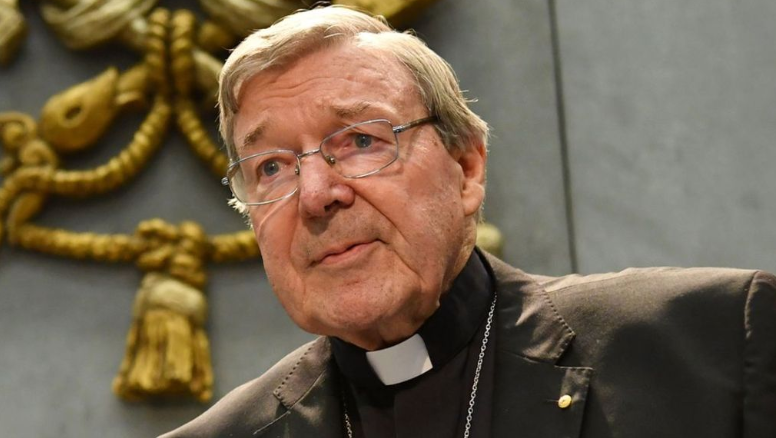Australia’s top court has reserved its ruling on whether Cardinal George Pell’s bid to quash his sexual abuse convictions has been successful.
The ex-Vatican treasurer is serving a six-year jail sentence after a jury found he abused two boys in a Melbourne cathedral in the 1990s.
He is the most senior Catholic globally to be jailed for such crimes, but maintains his innocence.
Pell has challenged the verdict in the High Court of Australia.
During hearings on Wednesday and Thursday, defence and prosecution teams sparred over whether the jury had fairly considered all evidence.
The seven appeal judges then reserved their decision until a later date. They did not specify when.
The long-running case has rocked the Catholic Church, where Pell had been one of the Pope’s most senior advisers.
The Vatican has been under pressure to defrock the cleric, but it has maintained he deserves a full and fair legal process.
In December 2018, a jury unanimously found Pell guilty of sexually abusing two 13-year-old choir boys in private rooms in St Patrick’s Cathedral. Pell was archbishop of Melbourne at the time.
The convictions included one count of sexual penetration and four counts of committing indecent acts.
Pell’s trial heard testimony from the only surviving victim. The abuse was not witnessed by anyone else, but the trial also heard evidence from dozens of churchgoers.
In sentencing Pell in 2019, Judge Peter Kidd said the cleric had committed “a brazen and forcible sexual attack on the two victims”.
The verdict was upheld in Victoria’s Court of Appeal last year, after an earlier challenge by Pell.
His central argument was that the jury and previous appeal court relied too heavily on evidence from the victim who testified.
His lawyers described that victim’s testimony as “compelling” but argue it was uncorroborated. They asserted the jury did not properly consider other evidence.
“No matter how favourable a view was taken of the complainant, it was not open to the jury, acting rationally, to conclude that the prosecution had eliminated all reasonable doubt,” his lawyers argued.
Prosecutors rejected these assertions.



